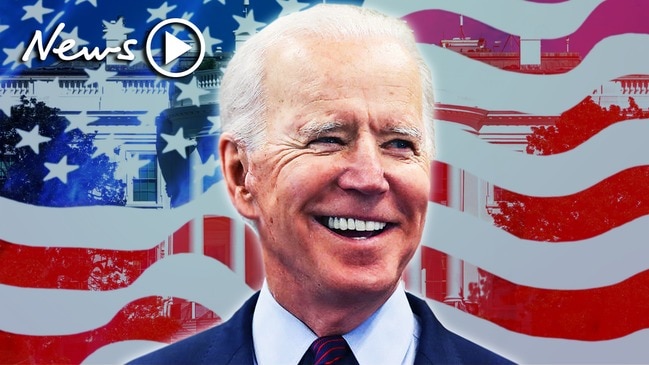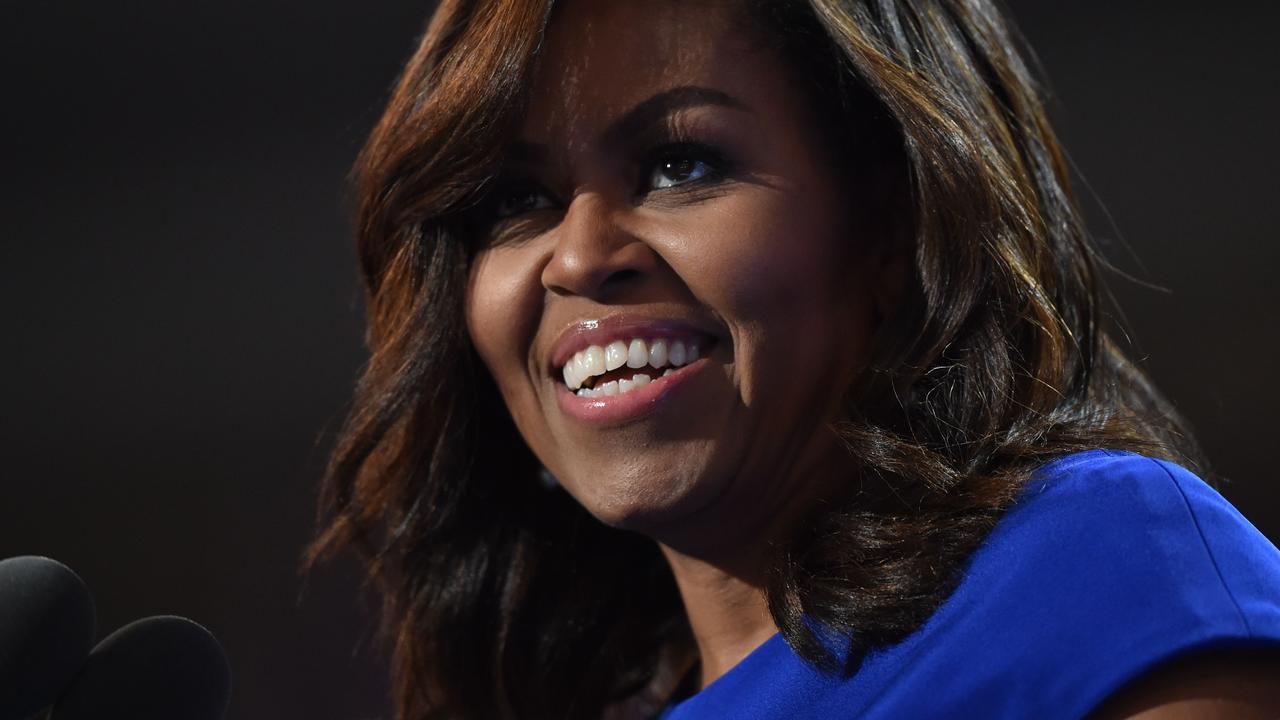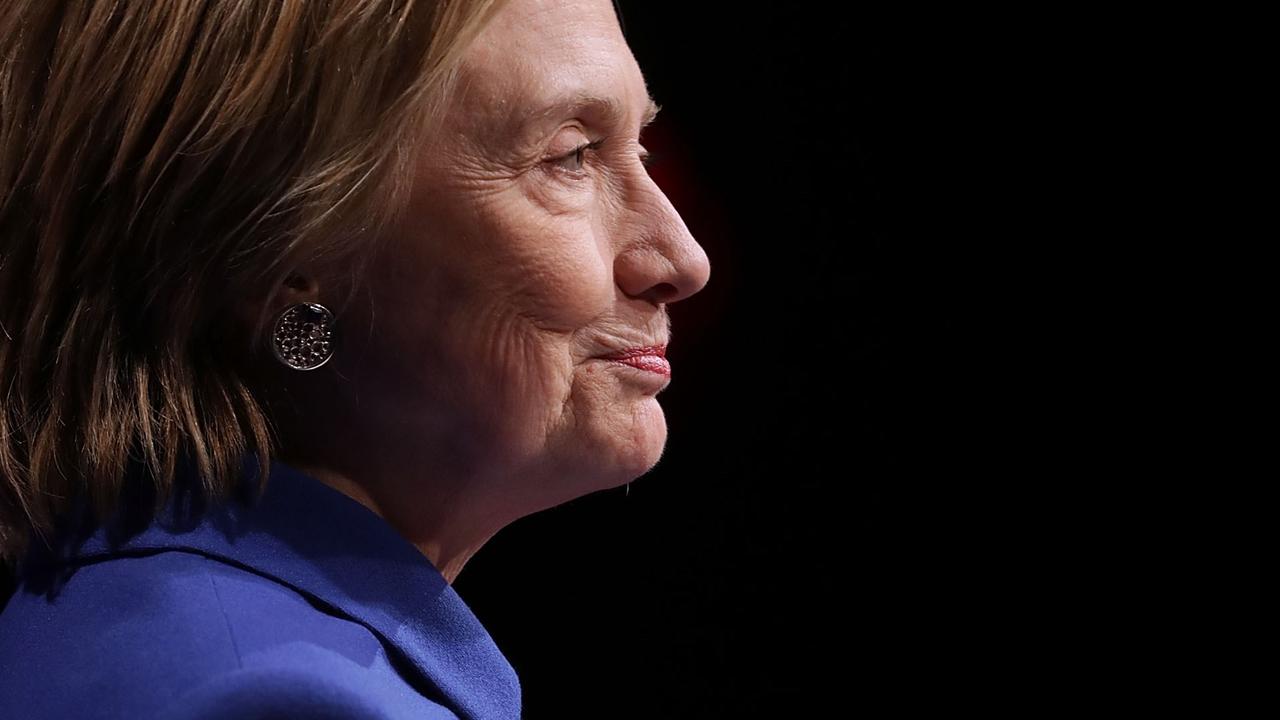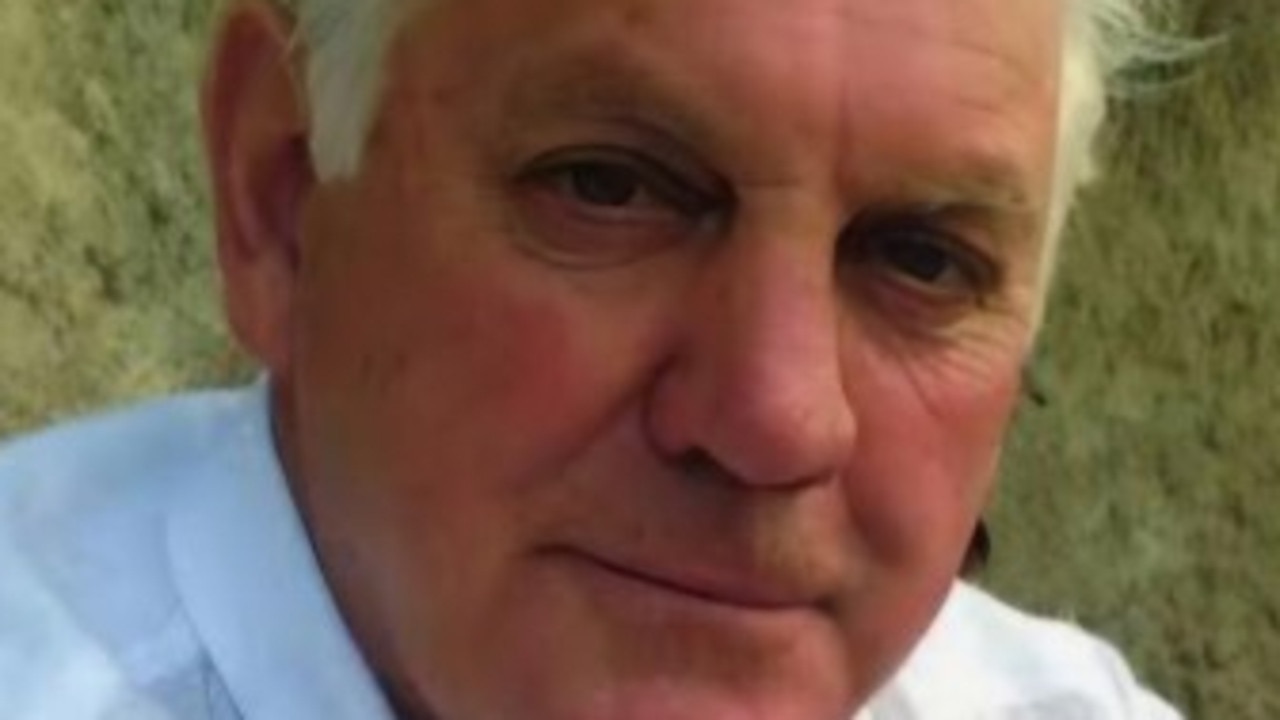Michelle Obama reveals her frustration at Democratic voters in Netflix documentary Becoming
A new documentary about Michelle Obama reveals her frustration at the people she feels are responsible for Donald Trump’s victory in 2016.

Michelle Obama has revealed her frustration at Democratic voters for failing to show up at the polls to stop Donald Trump’s election in 2016.
The Netflix documentary Becoming, which focuses on Ms Obama’s 2018 tour promoting her autobiography, is being released this week.
It features interviews with the former first lady conducted by Oprah Winfrey, TV anchor Gayle King, comedians Stephen Colbert and Conan O’Brien, and actress Reese Witherspoon.
Naturally, a few media outlets have already reviewed it, and given viewers a preview of what they can expect.
The Daily Beast’s Kevin Fallon says the documentary actually offers few headline-grabbing moments. There is little direct criticism of Mr Trump, or of the people who voted for him. Instead, Ms Obama expresses her disappointment at her own side of politics.
She references her now famous speech from the Democratic National Convention in 2016, in which she urged her party to take the moral high ground.
“When they go low, we go high,” Ms Obama said, in a line that has since come to define her personal brand.
RELATED: Michelle Obama’s stirring speech at Democratic convention

In reality, taking the high road was “exhausting”, she tells the documentary. That was particularly the case in the months after Mr Trump’s victory, when the Obamas had to help him transition into the White House.
“It takes some energy to go high, and we were exhausted from it,” Ms Obama says.
“So the day I left the White House, I write about how painful it was to sit on that stage.”
The stage in question, of course, was the one at Mr Trump’s inauguration. Ms Obama has previously noted that she made a conscious decision to stop “even trying to smile” during the event, in a silent protest towards the new President’s speech.
RELATED: Obama’s act of defiance during Trump’s inauguration
But she wasn’t just annoyed at him.
“A lot of our folks didn’t vote. It was almost like a slap in the face,” she says.
“I understand the people who voted for Trump. The people who didn’t vote at all – the young people, the women – that’s when you think, man, people think this is a game.
“It wasn’t just in this election. Every midterm. Every time Barack didn’t get the Congress he needed, that was because our folks didn’t show up. After all that work, they just couldn’t be bothered to vote at all. That’s my trauma.”
Voting is voluntary in the United States, and is a surprisingly difficult proposition for many people, as we’ve covered in more detail previously. It’s hard enough to get voters to the polls for presidential elections, let alone the midterms, when the White House isn’t up for grabs.
RELATED: US faces ‘nightmare’ election scenario amid pandemic
The problem plagued the Democrats during Mr Obama’s presidency.
When he was first elected, the party also took control of both houses of Congress. But that advantage only lasted two years.
The Democrats suffered two monumental midterm election defeats in 2010 and 2014. Their rivals, the Republicans, managed to flip 71 seats in the House of Representatives and 13 in the Senate, reclaiming a majority in both chambers.
That led to perpetual gridlock, with neither side of politics able to get much of anything done.
The turnout issue then culminated in Hillary Clinton’s defeat to Mr Trump in 2016.
Fewer people voted for Ms Clinton than had supported Mr Obama four years earlier – an extraordinary failure, given the number of Americans eligible to vote had risen by 15 million in that period.
That failure was reflected in state after state. In Michigan, for example – one of the crucial states that cost Ms Clinton the election – she received 300,000 fewer votes than Mr Obama in 2012. Mr Trump only won Michigan by 11,000 votes.
Turnout made all the difference.
RELATED: Obama breaks silence on day she learned Trump had won
RELATED: Why Michelle Obama didn’t run for president

According to the reviews, Becoming leaves some ambiguity around Ms Obama’s next step.
Fallon conveys one quote in which she talks about leaving the spotlight, and in practically the same breath, using her public platform to do some good.
“Barack and I are not interested in being at the forefront forever. Not even for that much longer,” Ms Obama says.
“We got this platform. If you believe in God, God gave us this platform for a reason, so let’s not waste it.”
Deadline’s Dominic Patten, meanwhile, says “if Michelle Obama isn’t running for something, someone needs to tell this Netflix film”.
“Despite her protests to the contrary, Becoming leaves no doubt Ms Obama isn’t exiting the stage any time soon – whether to fulfil many a Democrat’s dreams and return to the White House as the vice president to her husband’s vice president (Joe Biden), or blaze a new path in the culture,” he writes.
It’s worth noting that the documentary was created by the Obamas’ own production company, Higher Ground, so it isn’t exactly littered with tough questions.
Variety film critic Peter Debruge calls it a “softball portrait” for the former first lady.
“It plays like an extended promotional video, a cross between close-contact hero worship and inspirational infomercial,” Debruge says.
“There are no big revelations here, no gotcha moments or intimate scenes in which the subject lets down her guard. But the target audience hardly expects anything tougher.”
If you are part of that target audience, or you’re curious to see what Ms Obama has to say, you can find Becoming on Netflix from May 6.




